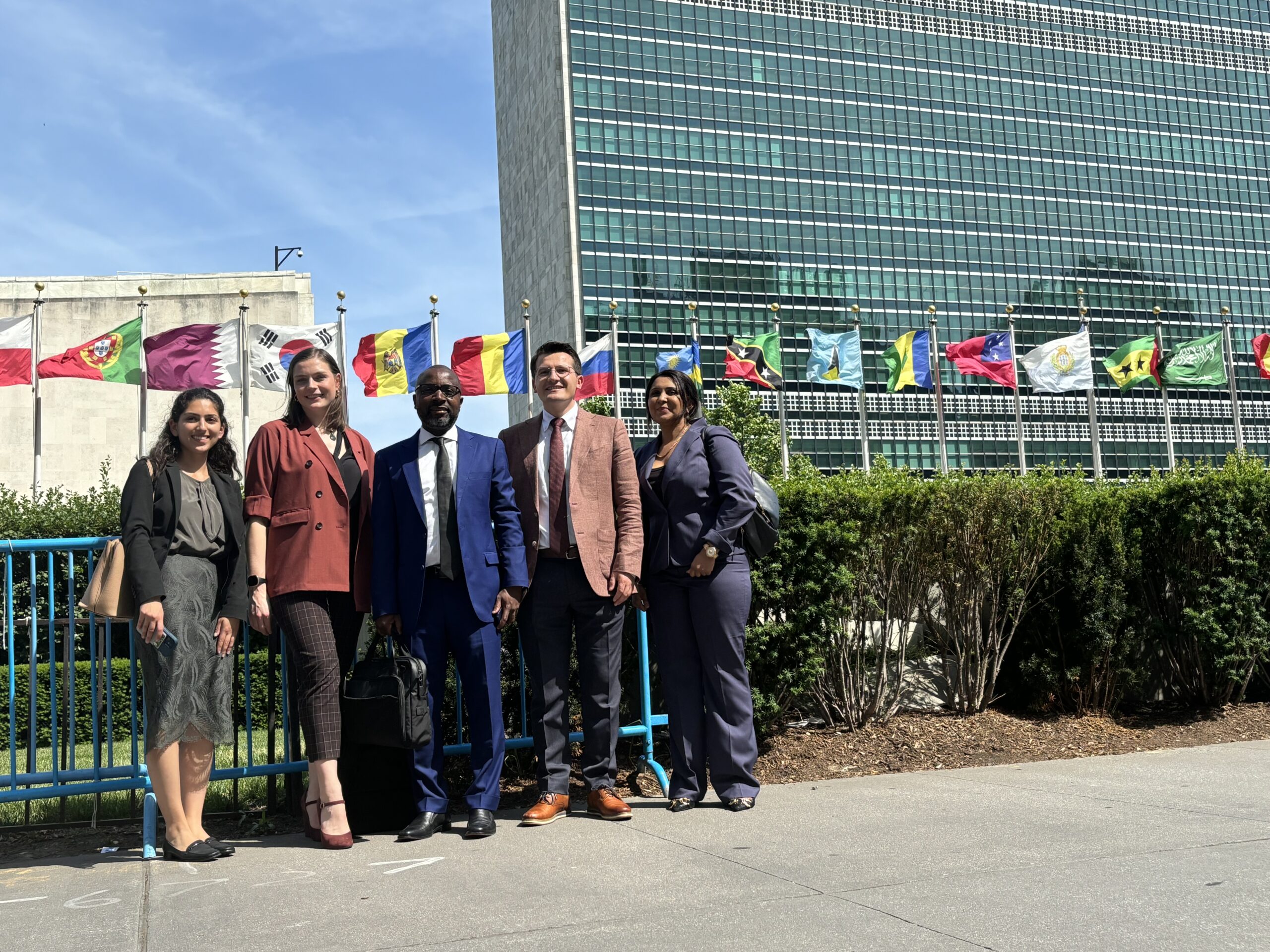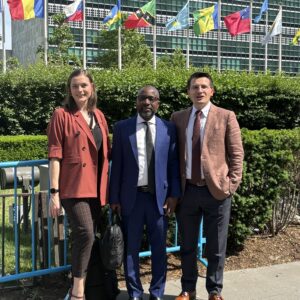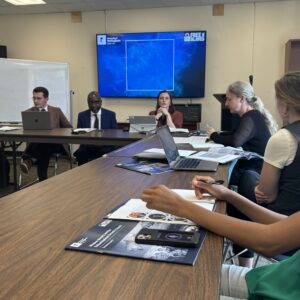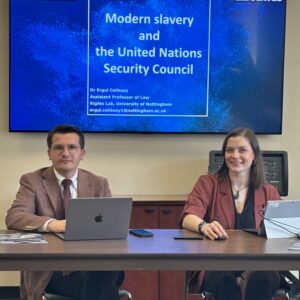On Tuesday, June 4th, Free the Slaves and the University of Nottingham Rights Lab launched their joint report, “Modern Slavery and the United Nations Security Council” at the Church Center for the United Nations in New York, New York. This exciting event began at 2 PM with opening remarks from Free the Slaves’ Executive Director Bukeni Waruzi. On the panel, Mr. Waruzi was joined by Dr. Katarina Schwarz, Associate Director and Associate Professor at the University of Nottingham Rights Lab and Dr Ergul Celiksoy, Assistant Professor at the University of Nottingham Rights Lab. Dr. Schwarz and Dr. Celiksoy presented an overview of the report and explained the broader implications of the intersections of modern slavery and the agenda of the UN Security Council. Their enlightening presentation led to an enriching discussion between panelists and attendees of the event on the significance of the usage of modern slavery terminology in UN Security Council documents and statements. The report’s launch was a success and there shall be many more venues for the discussion of its important content to come!
This report, co-authored by the Rights Lab at the University of Nottingham and Free the Slaves, presents the findings of a study on modern slavery as a security concern within the United Nations Security Council (UNSC). The report examines the intersections between modern slavery and key agendas of the UNSC to support improved efforts to combat modern slavery in security contexts through advocacy, policies, and operations. The analysis reviews the existing interests of the UNSC in addressing modern slavery in conflict in its key global agendas – Women, Peace and Security, Children and Armed Conflict, and Protection of Civilians in Armed Conflict. The study also provides a review of UNSC documents adopted or issued from 1990 to 2022, analyzing the extent to which the UNSC has addressed slavery and related practices in carrying out its mandate. Crucially, the study identifies the current dynamics and opportunities for antislavery advocacy at the level of the UNSC, entry and leverage points, barriers and challenges, and other factors relevant to advancing antislavery in the global security agenda.
Download the Briefing Document







